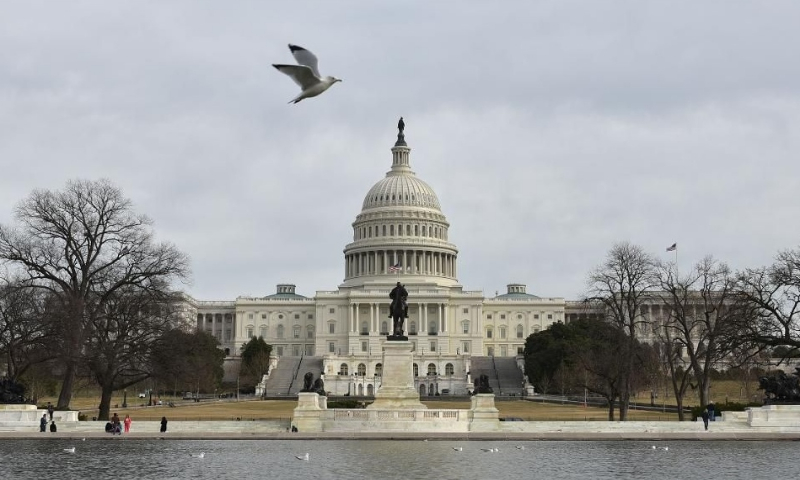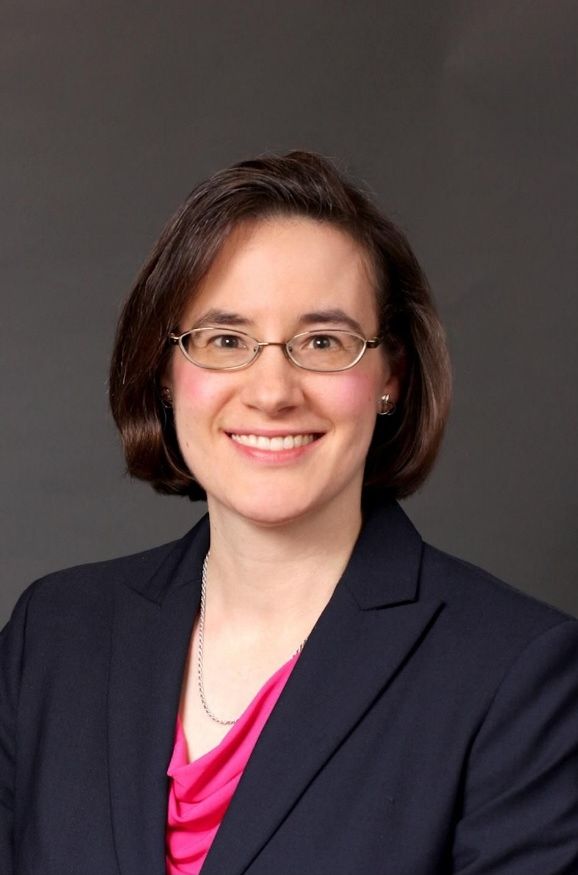By Robin Seaton Jefferson

This is Part I in a two-part series on the passage and signing into law of the Recognize, Assist, Include, Support, and Engage (RAISE) Family Caregivers Act. Part II focuses on the real life stories of the struggles of American caregivers.
In the midst of one of the most divisive political landscapes in America’s history, members of Congress as well as President Donald Trump have shown there is one thing we can all agree on--caregiving.
It’s a topic that we all face or will face in one way or another in our lifetime, and with the Congressional passage this month and signing yesterday by the president, the Recognize, Assist, Include, Support, and Engage (RAISE) Family Caregivers Act is poised to give Americans some hope on the caregiving front.
The bi-partisan law directs the Secretary of Health and Human Services to develop and sustain a national strategy to recognize and support the more than 40 million family caregivers in the United States. It also establishes an advisory body that will bring together stakeholders from the private and public sectors to make recommendations that communities, providers, government and others may take to help caregivers.

The U.S. Capitol is seen in Washington, DC on January 22, 2018 after the U.S. Senate reached a deal to reopen the federal government, with Democrats accepting a compromise spending bill. (MANDEL NGAN/AFP/Getty Images)
Championed by AARP, the nation’s largest non-profit, non-partisan organization dedicated to older Americans, the legislation was introduced in the U.S. Senate by Senators Susan Collins (R-ME) and Tammy Baldwin (D-WI), and in the U.S. House by Representatives Gregg Harper (R-MS) and Kathy Castor (D-FL).

“This elevates this issue as a priority,” said Rhonda Richards, senior legislative representative of AARP. As the initial driving force behind the legislation, AARP rallied more than 60 aging and disability organizations to support the idea, including the Elizabeth Dole Foundation, Paralyzed Veterans of America, Michael J. Fox Foundation and the Alzheimer’s Association and then championed the appeal to legislators. The senior advocate organization has nearly 38 million members and offices in every state, the District of Columbia, Puerto Rico, and the U.S. Virgin Islands
Richards said whether you have been a caregiver, will be a caregiver, or may need a caregiver at some point, “This issue has touched just about everyone. It’s non-partisan. It’s bi-partisan. Most people have a personal story. The law helps bring together stakeholders to better recognize and support families and caregivers to help make sure caregivers get the training and support they need to navigate the healthcare system.”
While RAISE does not authorize additional funding for the U.S. Department of Health & Human Services (HHS), it does mandate the development of a strategy within a 3-year period. Richards said RAISE calls for the creation of an advisory council that will be required to issue a report to HHS Secretary Eric D. Hargan within a year of the law’s enactment. Hargan will then be required to issue a national strategy within 18 months of the law’s enactment. Going forward, the advisory council will be required to provide the secretary annual progress reports.
Some of the topics that will likely be addressed to support caregivers, according to Richards, include:
Respite services and options.
Workplace flexibility, financial security and workplace issues.
Information, education and training support for navigating the healthcare system.
Assessment and service planning (including care transitions and coordination) involving recipients and family caregivers.
Broad consideration of person-and family-centered care in all health and LTSS settins, with the person and the family caregiver (when appropriate) at the center of care teams.
“The idea is to come up with best practices for health care providers and others, for employers to better support family caregivers and for government to better support family caregivers,” Richards said. “The reports and strategy provide important information and steps that can be acted upon.”
“Family caregivers are the backbone of our care system in America. We need to make it easier for them to coordinate care for their loved ones, get information and resources, and take a break so they can rest and recharge,” said AARP Chief Advocacy & Engagement Officer Nancy A. LeaMond. A nationally recognized leader on health, retirement security and other issues important to older Americans, LeaMond is AARP's chief advocacy and engagement officer and is responsible for driving the organization’s social mission on behalf of Americans 50-plus and their families. She also directs major AARP initiatives that include supporting family caregivers through advocacy, education and innovative programs.
Caregivers take on physical, emotional and financial challenges, commonly experiencing emotional strain and mental health problems. According to AARP research, caregivers suffer depression and have poorer physical health than noncaregivers. They're often employed and juggling work and caregiving responsibilities simultaneously.
They generally do not receive training or other assistance to help them provide care and often aren’t even recognized and included by health care and social service providers helping their loved ones.
Also according to AARP research, caregivers (age 50 and older) who leave the workforce to care for a parent lose, on average, nearly $304,000 in wages and benefits over their lifetime. "Family caregivers will only face greater strains in the future as the 'caregiver support ratio'--or the number of potential family caregivers aged 45-64 for each person aged 80+--shrinks. In 2010, the ratio was more than seven potential caregivers for every person in the high-risk years of 80-+. By 2030, this ratio is projected to decline sharply to 4 to 1 and to less than 3 to 1 in 2050."
Congressman Gregg Harper represents Mississippi’s Third Congressional District. As one of the legislators who sponsored RAISE in the U.S. House of Representatives, Harper said he would tell caregivers around the nation to have hope, especially now. “I would say, ‘You’re not alone.’ There are so many people going through the same struggles, and the numbers are growing. Until now, there has not been a unified effort to come up with a plan to put us on the right path to help caregivers.”
Harper should know. He has been a caregiver to both his mother, who died of cancer two years ago just 9 days shy of her 92nd birthday and to his 28-year-old son who suffers from Fragile X Syndrome, a genetic condition that causes a range of cognitive and developmental disabilities.
Harper founded the Congressional Internship Program for Individuals with Intellectual Disabilities. He currently serves as chairman of the Committee on House Administration, and sits on the House Committee on Energy and Commerce, where he serves as Chairman of the Oversight and Investigations subcommittee. He is a member of the Energy and Environment subcommittees. In 2014, he authored the Gabriella Miller Kids First Research Act that was passed into law, ending taxpayer financing of presidential campaigns and conventions, and redirecting that funding to pediatric medical research.
“We realize the burden. We need to understand the parameters of that burden and develop a strategy to help people in the days ahead,” Harper said, adding that the number of caregivers in the United States is expected to double by 2050. “Much of the battle is raising awareness.”
The law will raise awareness. But there is something else, he said. “There is always a way to reach out to help others. One thing everyone can do is to give a little relief to friends in that situation.”
Click here to read Part II of this series, which focuses on real life stories of the struggles of American caregivers.
Robin Seaton Jefferson lives just outside of St. Louis with her husband of 24 years and two daughters. Find her on Twitter and Facebook @SeatonJefferson or contact her at [email protected].